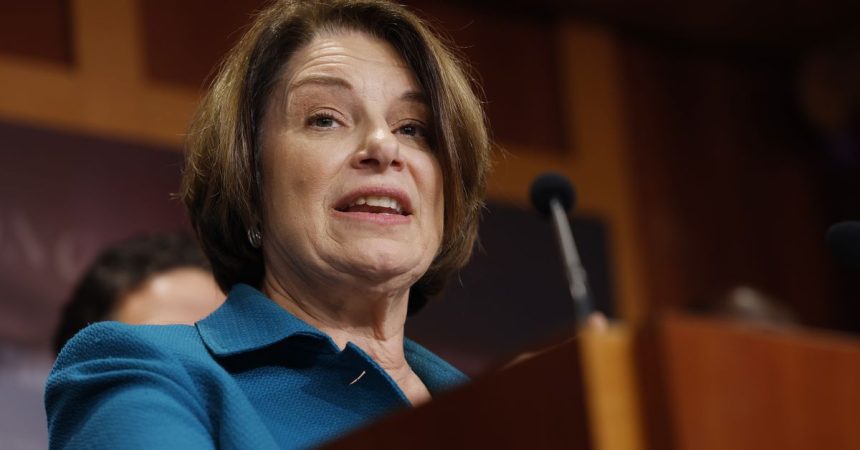In early 2022, the US Senate appeared on the cusp of significant antitrust reform, aiming to curtail the burgeoning power of Big Tech. The American Innovation and Choice Online Act (AICOA), spearheaded by Senators Amy Klobuchar and Chuck Grassley, sought to enforce substantial operational changes for large tech companies, including prohibiting them from prioritizing their own products on their platforms. Despite initial momentum and bipartisan support, AICOA ultimately stalled. While Congress successfully enacted less ambitious competition-related legislation, including allowing state attorneys general greater choice in antitrust lawsuit venues and increasing merger filing fees, the core objective of overhauling antitrust law remained unfulfilled.
The impetus for reform stemmed from a 2019 House investigation into Big Tech, which led lawmakers like Klobuchar to conclude that existing antitrust regulations, while theoretically potent, were rendered ineffective by decades of lax enforcement and unfavorable judicial interpretations. This perceived inadequacy spurred a push for congressional intervention to revitalize and strengthen antitrust mechanisms. Although these legislative efforts failed to achieve comprehensive reform, the landscape of antitrust enforcement has undergone a significant shift in the subsequent years.
By 2024, major tech players like Apple, Amazon, Meta, and Google each faced federal antitrust lawsuits, with Google facing two. The Department of Justice (DOJ) secured a victory in its Google Search case, and Epic Games won a ruling against Google’s Android Play Store. The Biden administration’s DOJ and Federal Trade Commission (FTC) adopted stricter merger guidelines and intensified scrutiny of proposed mergers, signaling a more assertive approach to antitrust enforcement. This heightened activity, although occurring outside the realm of legislative change, demonstrated a renewed focus on curbing anti-competitive practices within the tech industry.
Senator Klobuchar, a key proponent of antitrust reform, maintains that despite the surge in enforcement actions, legislative reform remains crucial. She argues that codified “rules of the road” would provide greater clarity and efficiency compared to protracted and resource-intensive litigation. As her tenure as chair of the Senate Judiciary subcommittee on antitrust nears its end, Klobuchar emphasizes the continued importance of bipartisan collaboration on this issue, particularly with a new administration on the horizon.
Despite the lack of sweeping legislative success, Klobuchar highlights the increased attention antitrust issues have received from both sides of the aisle in recent years. She attributes the surge in enforcement actions, in part, to the bipartisan support for reform and the diligent work of enforcement agencies. This underscores the significance of robust enforcement, even in the absence of comprehensive legislative changes.
Looking ahead, Klobuchar acknowledges the shift in subcommittee leadership to Republicans but reiterates her commitment to pursuing antitrust reform. She emphasizes the critical need for cross-party cooperation to achieve meaningful progress in this area, especially with the incoming administration. The future of antitrust reform remains uncertain, but the renewed focus on enforcement and the persistent advocacy of figures like Klobuchar suggest that efforts to reshape the competitive landscape, particularly within the tech sector, will continue.



